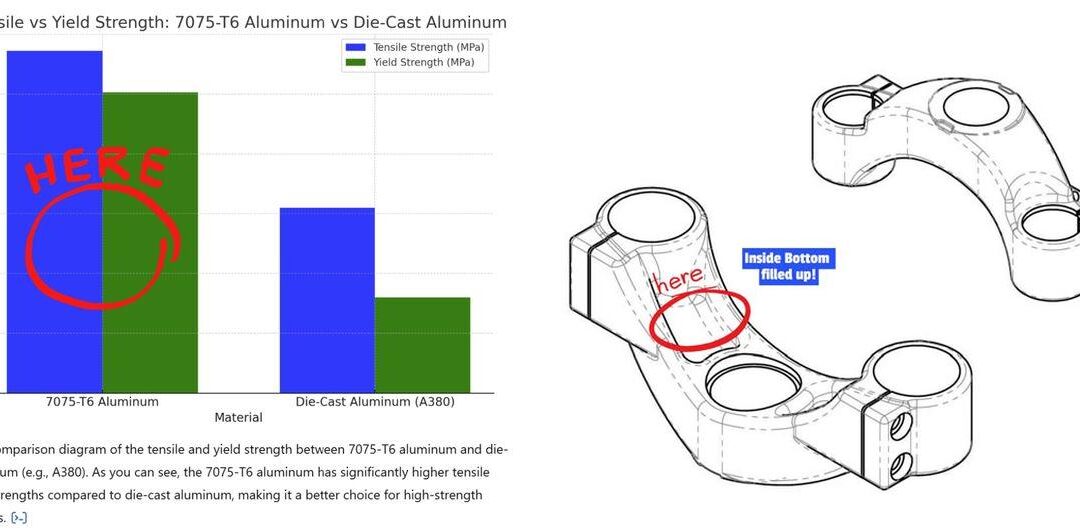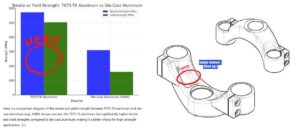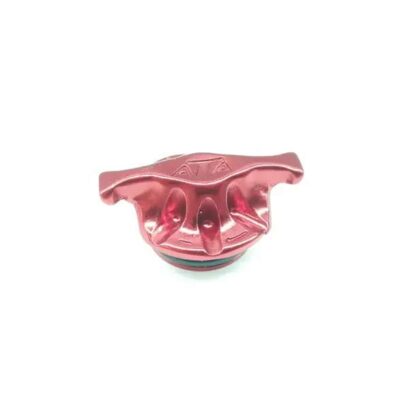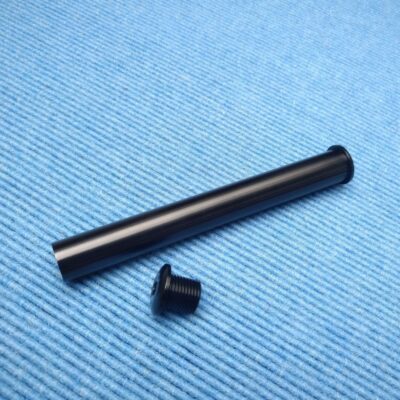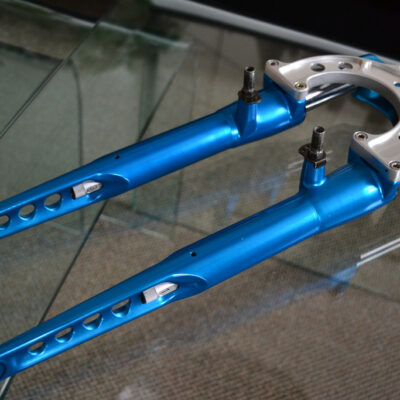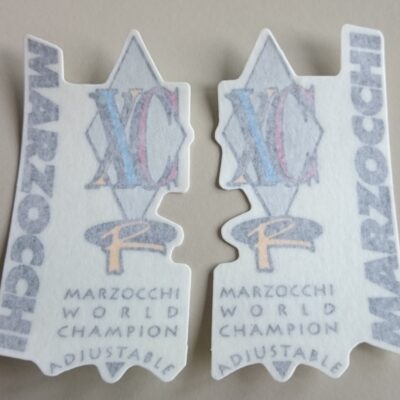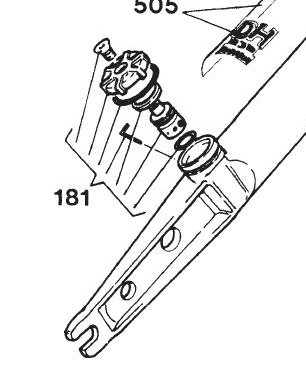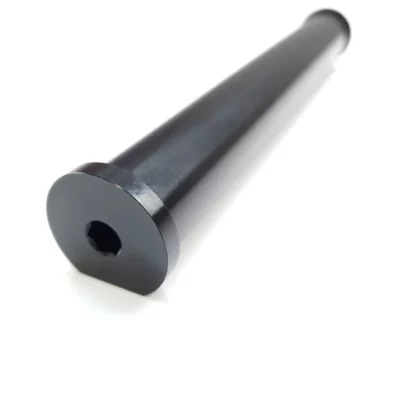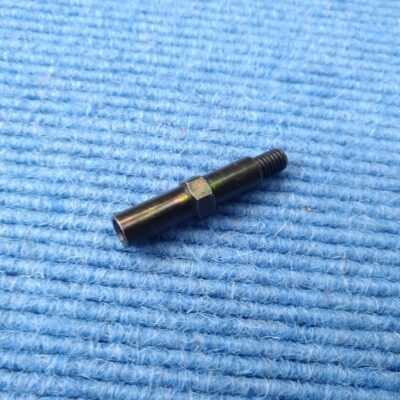Short : NO !!💯 =▶ Alu 7075 T6 milled Crowns are MUCH stronger‼🚀
Long :
I was asked about the strength of the Marzocchi Crowns I already did (all >=1997 : Jr. T Top Crown, Monster Full Flat Top Crown), the ones I had already created 3D models for (Monster’s, Shiver DC, some 888, etc.) and the ones are in progress (some other 888’s + 2. Gen Monster’s).
A comparison of the strength between a 7075-T6 aluminum part and the same part made using the die casting process reveals significant differences in mechanical properties.
Let’s look at the details:
1. 7075-T6 Aluminum (forged or rolled)
Alloy: 7075 is one of the strongest aluminum alloys, commonly used in aerospace applications. In the T6 condition (solution heat-treated and artificially aged), it reaches its highest strength.
Typical strength (T6 condition):
- Tensile strength: approx. 570–640 MPa
- Yield strength: approx. 480–510 MPa
Hardness: Very high, suitable for applications with high mechanical stresses.
Structure: Parts made from 7075-T6 through forging or rolling have a dense and homogeneous microstructure, leading to very high strength.
2. Aluminum part made using the die casting process
Manufacturing process: Die casting allows for the production of complex shapes and high-volume output. In die casting, molten aluminum is injected into a mold under pressure, which can result in some structural weaknesses.
Alloys: Commonly used die-cast alloys are typically aluminum-silicon alloys like AlSi10Mg or AlSi12, which have lower mechanical
properties compared to 7075.
Typical strength of die-cast parts:
- Tensile strength: approx. 250–350 MPa
- Yield strength: approx. 150–250 MPa
Defects: Die-cast parts can have internal defects like porosity and shrinkage, which further reduce strength.
Strength comparison:
7075-T6 (forged/rolled): This alloy has much higher strength values compared to a typical die-cast part. The tensile and yield strengths of 7075-T6 are significantly superior because the microstructure is denser and more uniform due to the forging or rolling process.
Die-casted parts: These generally have lower strength due to casting defects and the fact that less high-strength alloys are often used. Even if 7075 were used in die casting, its strength would still be lower due to the inherent defects in the casting process.
There is also a huge difference because of the geometry I have optimized, because:
– the die-casted parts need to have some kind of hollow areas from the bottom, because the process needs to have almost the same wall thickness for the parts to avoid cracks in cooling down.
– the milled fork crowns have been changed + optimized : I filled some of this hollow areas you can see from the bottom which will result in better strengrth overall!💯 (-> picture)
Conclusion:
A 7075-T6 aluminum part (forged or rolled) is significantly stronger than the same part made using the die casting process. The difference in strength is particularly notable because the forging or rolling process produces a much more homogeneous and defect-free microstructure.💯🙏🚀

